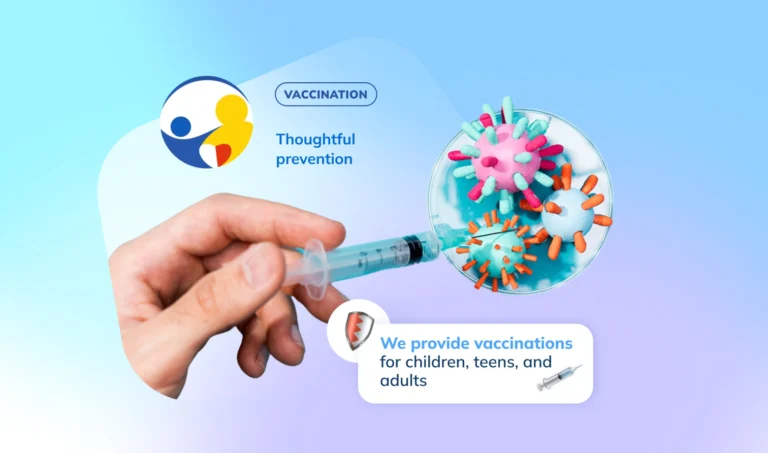Prevention and treatment of infections in preschool-aged children
Preschool-aged children are more susceptible to infections because their immune systems are not fully developed, and frequent contact with other kids facilitates the spread of viruses and bacteria. To reduce the risk of illness, it’s important to adopt a few effective habits. The most essential is regular handwashing, especially before meals and after returning from preschool. Teach your child to avoid touching their face—nose, mouth, and eyes—which can limit the spread of germs.
Boosting immunity is key to reducing the frequency of illnesses. Your child should eat a healthy, vitamin- and mineral-rich diet that includes vegetables, fruits, and whole grains. Regular physical activity outdoors supports the immune system, and adequate sleep is equally important, as it allows the body to recharge and prepare to fight potential infections.
When your child falls ill, prompt action and proper treatment are crucial. Common infection symptoms include fever, cough, runny nose, and sore throat. For fever, use age-appropriate fever reducers. If symptoms persist for more than a few days or worsen, a doctor’s visit is necessary, as they can prescribe the correct treatment, including antibiotics if a bacterial infection is confirmed.
Long-term infection prevention also involves regular vaccinations, including the flu shot. A strong immune system is the best defense against frequent infections common in preschoolers. Consistent preventive measures can significantly reduce your child’s illness rate.







